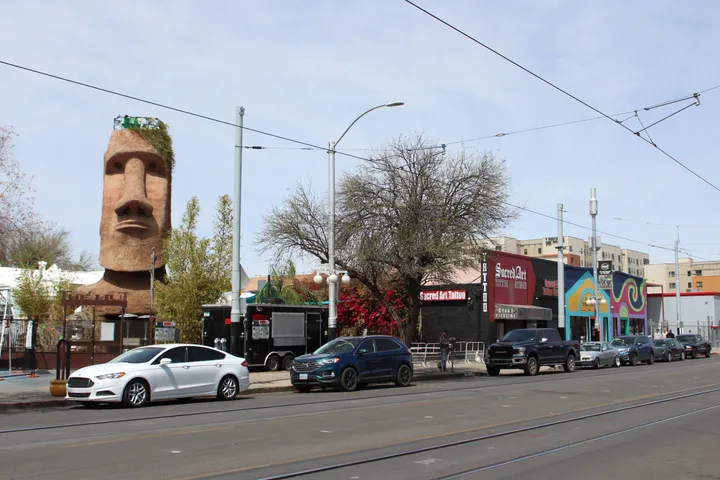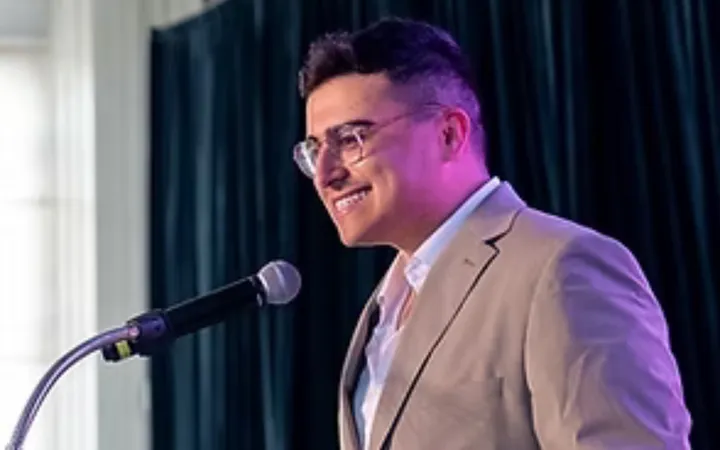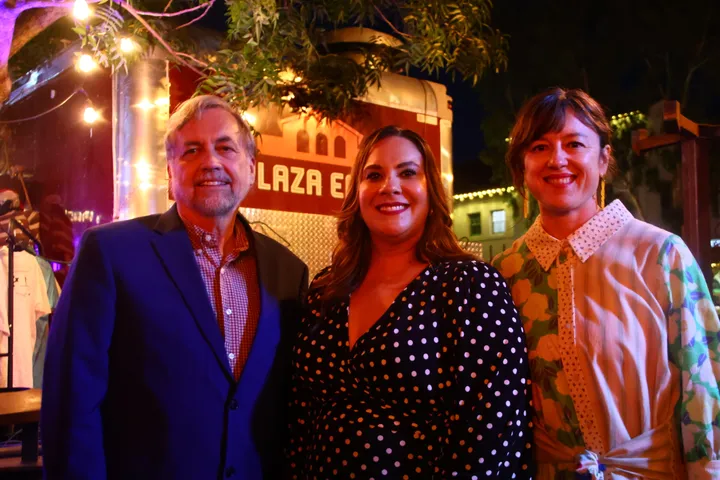Wittenbraker highlights crime and housing in Ward 3 campaign
Republican Janet Wittenbraker is challenging incumbent Kevin Dahl for Tucson’s Ward 3 seat.
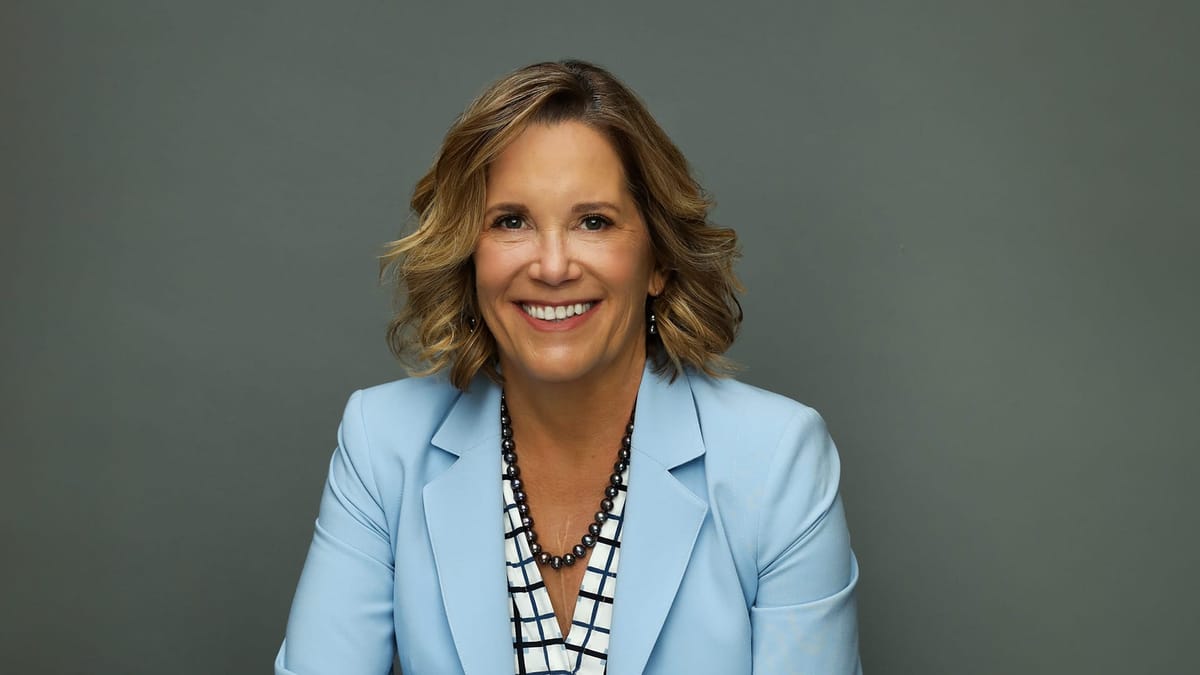
Republican Janet Wittenbraker is campaigning to unseat Tucson’s Ward 3 incumbent, focusing on homelessness, crime and city spending priorities as she seeks to shift the direction of local government.
A longtime city employee and resident of the north side, Wittenbraker is challenging Democratic incumbent Kevin Dahl, who has emphasized conservation and environmental protection.
Ward 3 encompasses neighborhoods on Tucson’s north side and is home to a diverse mix of residents.
Tucson voter registration records show 138,373 registered voters as of the Aug. 5 primary election, with 17.33% casting a ballot. This is significantly lower than the 2023 mayoral and city council elections, which saw 33.5% total voter turnout.
Wittenbraker told Tucson Spotlight that she’s worried voters will skip this general election.
“I think one of our challenges in Tucson is low voter turnout,” Wittenbraker said. “And as such, you have a very small demographic deciding on a mayor and council that have a daily impact on yours and my life.”
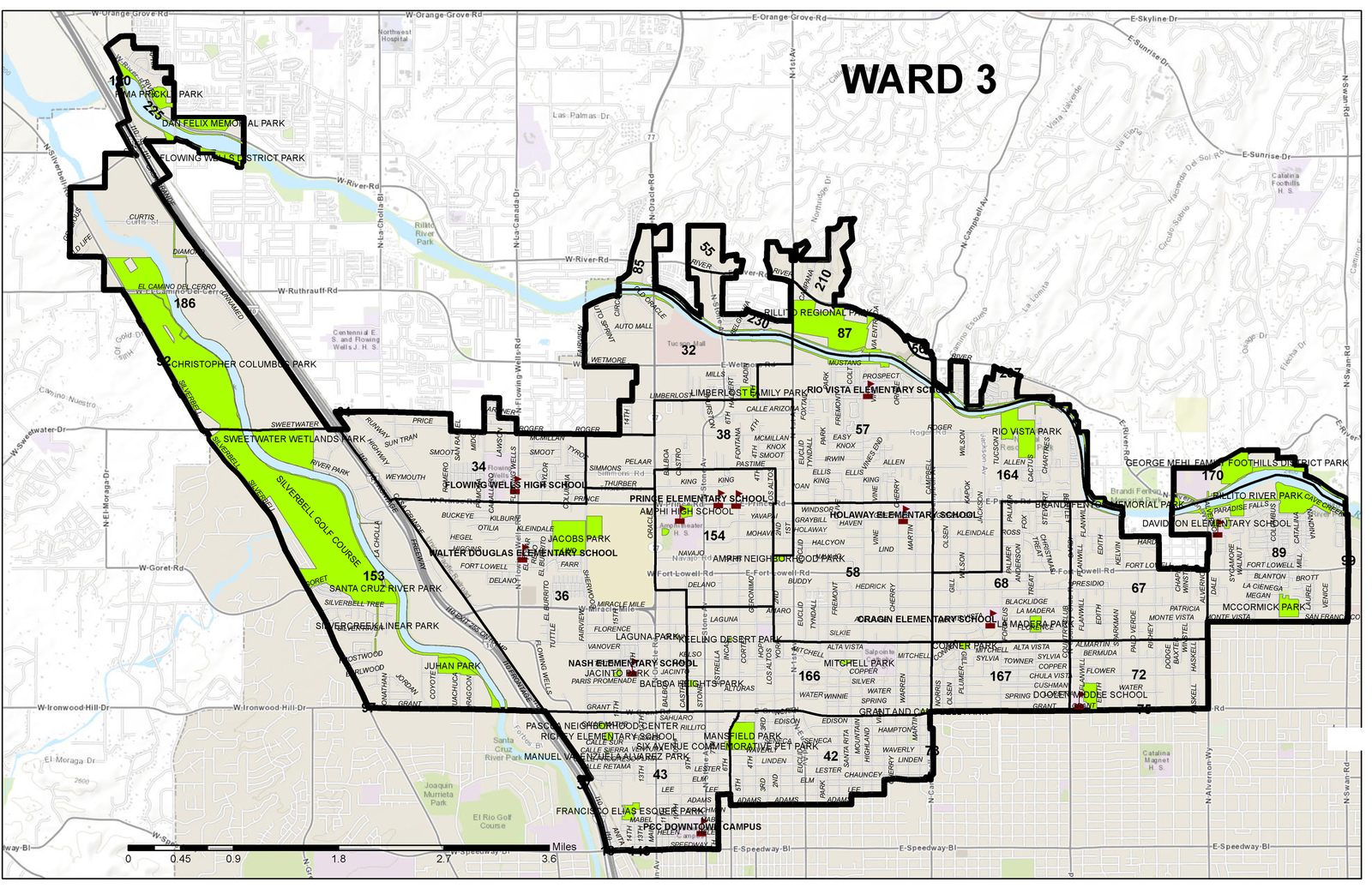
Tucson Spotlight spoke with candidates in each contested race about their views on the City Council’s role in addressing Tucson’s most pressing challenges, including housing, public transportation and water.
Fare-free transportation has been a frequent topic of conversation since Sun Tran first went fare-free in March 2020 during the COVID-19 pandemic.
But critics say fare-free transit has led to an increase in transportation-related violent crimes, with KOLD reporting at least eight violent assaults since April involving Sun Tran buses, stops or stations.
Wittenbraker said she’s strongly against fare-free transit because of this, saying that a reduction in fares rather than completely free fares is the best solution.
“When I worked for the city manager’s office, there was a highly discounted program in place. All an individual had to do was go down, fill out the report, get those discounted bus tickets, and ride the transit,” she said. “I would go as far as to put money on it: if the city ran one bus at fare-free transit, and then immediately had a bus behind that required a fee, I guarantee more people would ride the fee-required bus over the fare-free.”
Many of Wittenbraker’s safety concerns stem from ongoing issues surrounding homelessness.
“I used to be an avid cyclist,” she said, adding that she feels large portions of the Loop are no longer safe to use.
She also pointed to the impact on local parks.
“Right here at McCormick Park: feces in the park, syringes, open-air drug abuse. It’s time to start holding people accountable,” she said. “To allow for certain behaviors is actually coming at the expense of individuals who are living a life free of crime and vagrancy and now they can’t enjoy certain things.”
Wittenbraker says she wants to help, noting that not everyone on the streets is a criminal.
“Sometimes someone falls down on their luck, but that doesn’t mean they need to be a perpetual recipient of low-income housing. We should be trying to lift these people up and get them to a point where they can support themselves,” she said. “We have to do it with conditions. The Housing First program has been in place for decades and it has not seen any success, with perhaps one exception with San Antonio, Texas.”
Wittenbraker said San Antonio took a holistic approach, opening up the building permit process to facilitate recovery care through the program.
Affordable housing is a frequent concern for Tucson voters. With home prices rising and available housing limited, many residents are struggling to find options that meet their needs.
“What we have here in Tucson is a housing shortage across the board,” Wittenbraker said. “And what we’re seeing is a term they refer to as ‘mansioning.’”
“Mansioning” refers to higher-income buyers who, unable to find homes in their usual price range, purchase lower-tier properties to renovate extensively. This practice often leaves those most in need of affordable housing with even fewer options.
The city’s current approach is Plan Tucson, which allows for “middle housing,” including duplexes, triplexes and quadplexes, in neighborhoods previously zoned for single-family homes.
Wittenbraker said these units are proposed to be built far from downtown, which she believes limits their value and effectiveness for residents priced out of central neighborhoods.
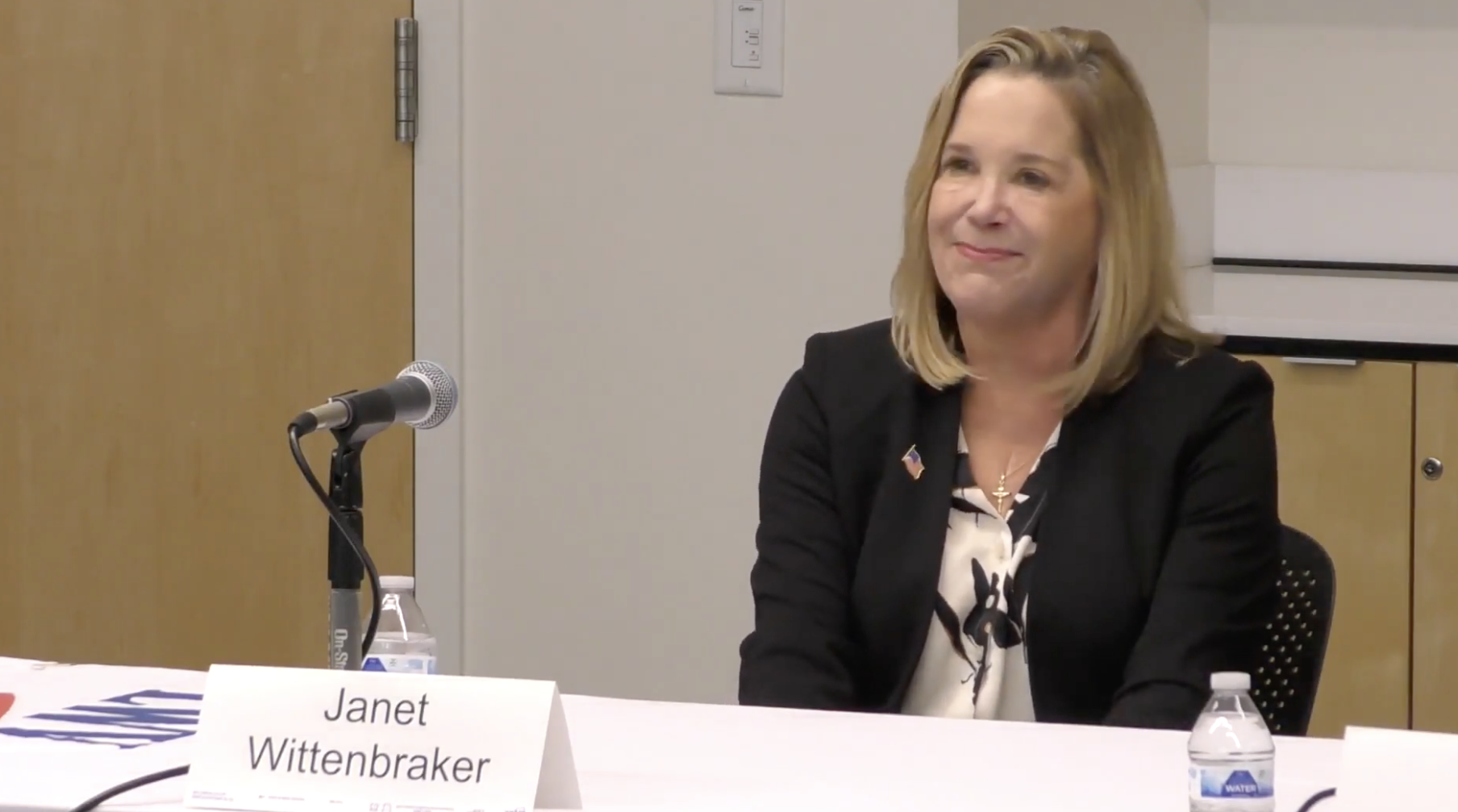
She also worries that would-be buyers could get financially trapped by the potential depreciation of these properties.
“Sure, they’re affordable, but they’ll never be able to sell to get out of them because they don’t retain their value. Imagine living basically on top of your neighbor,” she said.
Wittenbraker also said she is focused on engaging voters who feel disconnected from city politics.
“I didn’t get active in politics until one day I looked around me and said, ‘I don’t like the direction my city is taking, and I don’t like the decisions made by a one-party mayor and council,’” she said. “There is no discussion on the tough issues, and oftentimes there is a vote in lockstep.”
The Ward 3 seat has historically been held by Democrats. In recent years, the council has focused largely on economic reform, passing measures on workforce and economic development.
The winner of the Ward 3 race will serve a four-year term and will help set policy on citywide issues such as budget priorities, policing and infrastructure improvements.
Wittenbraker said she hopes to be the one guiding those decisions and making a tangible impact on the city.
“I hope Tucson turns it around,” she said. “I really do.”
Matthew Lewis is a journalism major at the University of Arizona and Tucson Spotlight intern. Contact him at mclewis95@arizona.edu.
Tucson Spotlight is a community-based newsroom that provides paid opportunities for students and rising journalists in Southern Arizona. Please support our work with a paid subscription.

